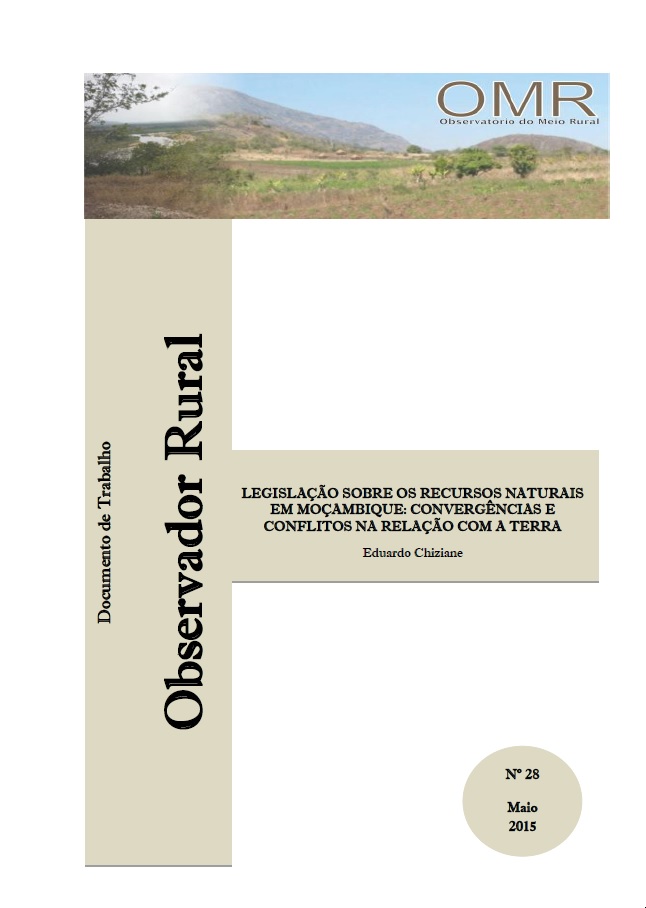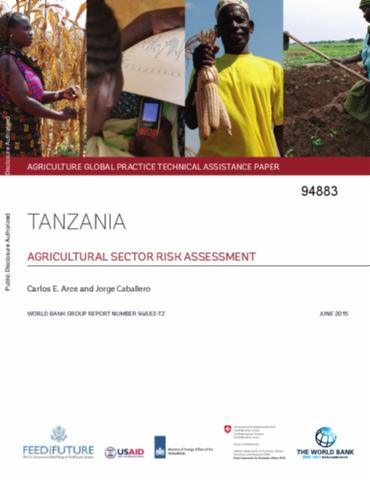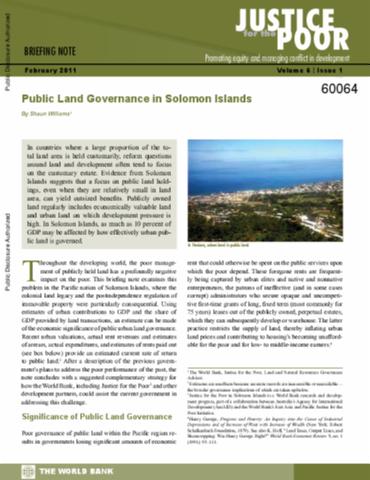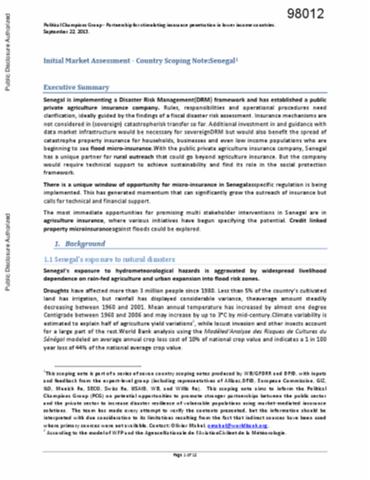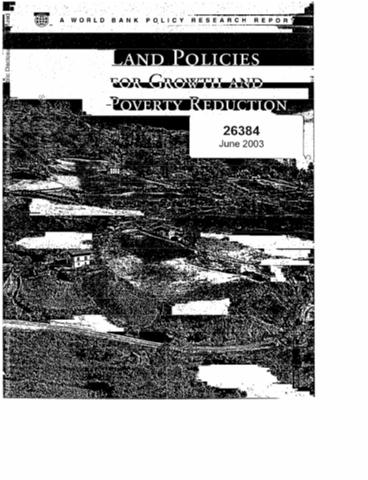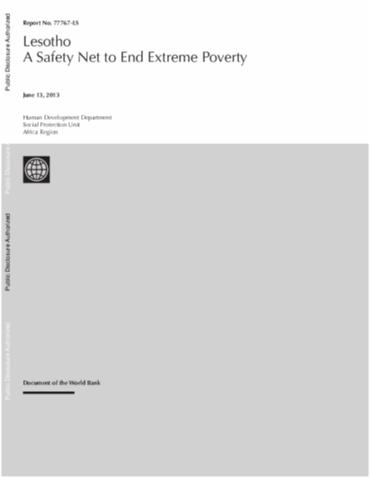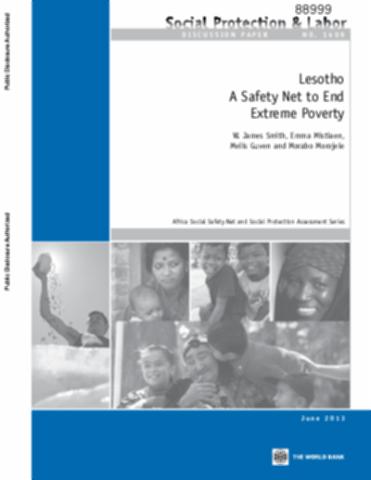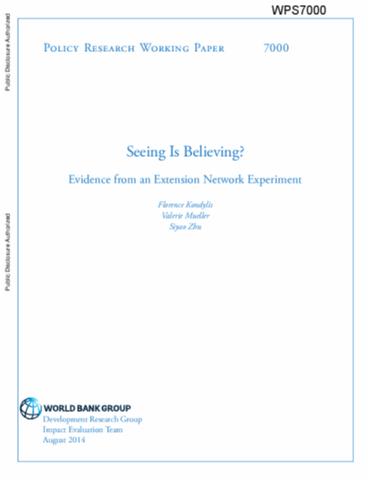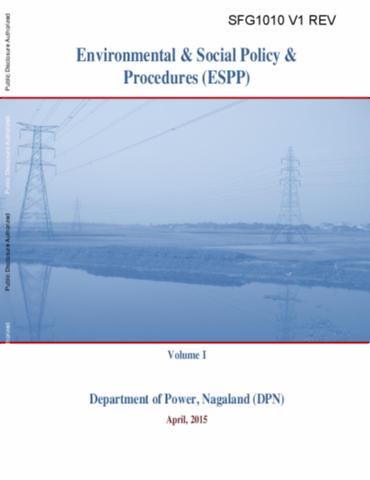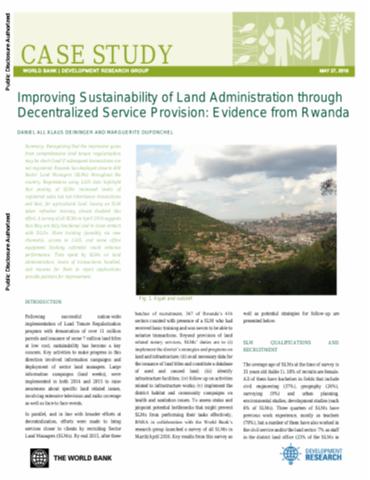Legislação sobre os Recursos Naturais em Moçambique: Convergências e Conflitos na Relação com a Terra
Moçambique é hoje um excelente exemplo para ilustrar a relação de reciprocidade entre desenvolvimento económico e o Direito. De facto, as dinâmicas económicas que se têm verificado no país, caracterizadas por sucessivas descobertas de recursos naturais, e que colocam o país numa posição de destaque sob ponto de vista económico, têm estado a contribuir para uma intensa actividade legislativa e normativa para responder aos desafios económicos que o presente e o futuro apresentam para o país.

